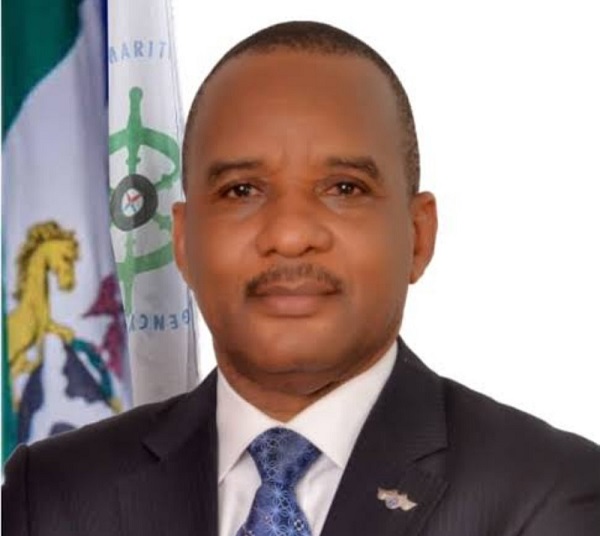
The Federal Government of Nigeria has given its approval for the ratification of six maritime conventions and protocols aimed at promoting a cleaner marine environment, establishing ship-breaking criteria, setting global standards for fishing crew, and enhancing response to oil pollution incidents.
The approval, conveyed through the Federal Ministry of Transportation to the Nigerian Maritime Administration and Safety Agency (NIMASA), marks the beginning of Nigeria’s efforts to align with the global maritime community in relation to these protocols and conventions.
The approved instruments for ratification include the Hong Kong International Convention for the Safe and Environmentally Sound Recycling of Ships 2009, the International Convention on Standards of Training, Certification and Watchkeeping for Fishing Vessel Personnel (STCW-F) 1995, the Protocol Relating to Intervention on the High Seas in Cases of Oil Pollution Casualties (intervention protocol) 1973 and the Protocol on the Limitation of Liabilities for Maritime Claims 1996.
Additionally, the Protocol to the 1974 Athens Convention Relating to the Carriage of Passengers and their Luggage by Sea 2002 and the Protocol of 2005 to the 1988 Protocol to the Suppression of Unlawful Acts against the Safety of Fixed Platforms Located on the Continental Shelf (SUA PROT 2005) are also among the approved instruments.
The director-general of NIMASA, Dr. Bashir Jamoh expressed gratitude to the Federal Government for the approval and assured industry stakeholders that the agency is committed to bringing the benefits of these various instruments closer to indigenous investors, professionals, and all stakeholders in Nigeria.
As the designated authority (DA), NIMASA will play a crucial role in this process.
Jamoh explained that the Hong Kong Convention aims to ensure that ships, when being recycled after reaching the end of their operational lives, do not pose risks to human health, safety, or the environment. He highlighted that the STCW-F treaty establishes certification and minimum training requirements for crews of seagoing fishing vessels, with the goal of promoting safety at sea and protecting the marine environment, considering the unique nature of the fishing industry and its working environment.
Regarding the International Convention Relating to Intervention on the High Seas in Cases of Oil Pollution Casualties, Jamoh emphasised that Nigeria will take action on the high seas to prevent, mitigate, or eliminate grave and imminent danger to its coastline or related interests from oil spillage.
Speaking about the Convention of Limitation of Liability of Maritime Claims, Jamoh stated that it will provide an unbreakable system for limiting liability for ship-owners and sailors, except in cases where it can be proven that the loss resulted from their personal act or intentional recklessness.
He explained that the Athens Convention establishes a liability regime for damage suffered by passengers carried on seagoing vessels, holding carriers accountable for any loss or damage caused by their fault.
The NIMASA boss also highlighted the significance of the Protocol for the Suppression of Unlawful Acts against the Safety of Fixed Platforms Located on the Continental Shelf (SUA PROT). This protocol, he said, will enhance the protection of oil platforms and impose sanctions on threats against these critical facilities, which are vital to the country’s economy.
He concluded by seeking the cooperation of all stakeholders and expressing his intention to engage with them at various stages of implementation in the near future.

